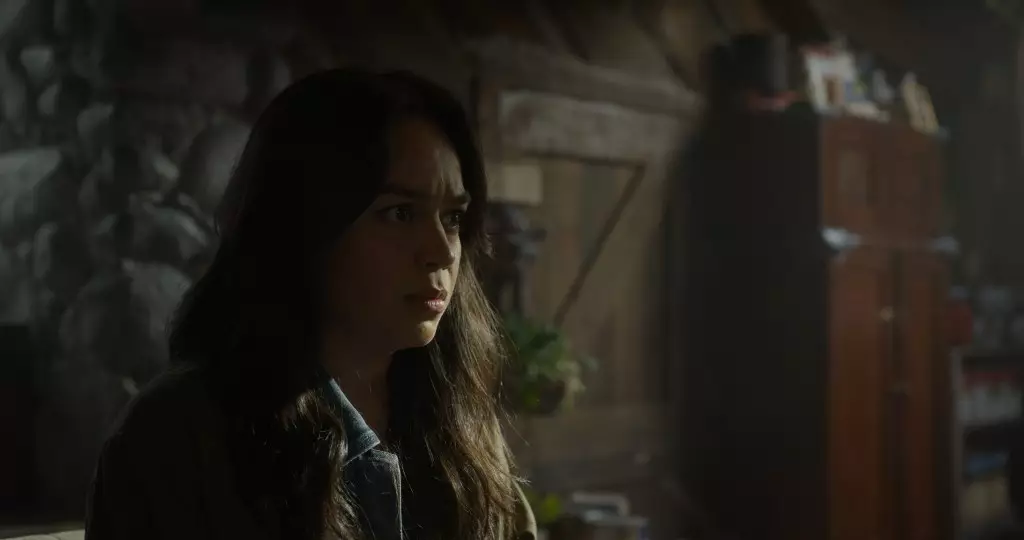With the impending arrival of “Final Destination: Bloodlines,” the long-awaited sixth entry in the legendary horror franchise, anticipation and skepticism are equally palpable among fans. Director Zach Lipovsky, who has bravely taken the reins, is treading on familiar turf but with a tantalizingly fresh perspective. It’s as if he’s not just aiming to rekindle the flames from a series that defined a generation of horror enthusiasts, but rather exploring broader themes of fate and mortality that will resonate deeply with an audience accustomed to the genre’s standard tropes.
Lipovsky’s approach to storytelling, particularly with the concept of a premonition starting in 1969, promises an invigorating twist. This gambit is not just about shocking deaths but serves as a narrative device that bends the traditional boundaries set by its predecessors. For too long, horror has leaned on clichés; the director’s attempt to shake this up can either win over old fans or alienate those who cling to the series’ original formula.
The Thrill of the Unpredictable
One of the most refreshing aspects of Lipovsky’s narrative is its promise of unpredictability. In an age where horror films are often marked by formulaic approaches, “Bloodlines” seeks to subvert expectations. The assertion that while audiences might anticipate a character’s demise, they are likely to be led astray speaks volumes about the creative risks being taken. For dedicated fans, this is a breath of fresh air, a chance to engage in a cinematic experience that compels them to remain alert and invested.
However, one must wonder if this shift is merely a gimmick. The fear that this attempt at innovation may come off as pretentious—and ultimately betray the essence of what fans loved about the originals—is a legitimate concern. “Final Destination” is beloved for its intricate choreography of death; will the new film retain that entrenched identity or veer too far into uncharted territory?
The Return of the Harbinger of Death
“Final Destination: Bloodlines” dives into the very genesis of Death’s enigmatic retribution, with a narrative that appears to intertwine the normalcy of college life with dread. The haunting dreams of college student Stefanie foreshadow an ominous connection between past and present. This device is symbolic, reflecting the anxieties of modern life—like grappling with the fear of the uncontrollable future—a theme that resonates deeply in today’s sociopolitical climate.
This exploration of generational horrors serves as a metaphor for inherited trauma, suggesting that we remain haunted by the shadows of our predecessors. Will this ideal resonate enough with audiences to evoke genuine fear or sympathy? It is a delicate balance to strike in an era that demands authenticity over novelty.
With “Bloodlines,” there is the opportunity not only to frighten but to address deeper issues of fate and the consequences of our choices—an added layer of dimension that could elevate it beyond mere slasher fest. As we await its release, the question remains: can this new installment uphold the legacy of its predecessors while carving out a unique identity that criticizes the predictability of life and death? Only time will tell if this rebirth will energize a franchise or fall victim to the same fate as its ill-fated characters.

